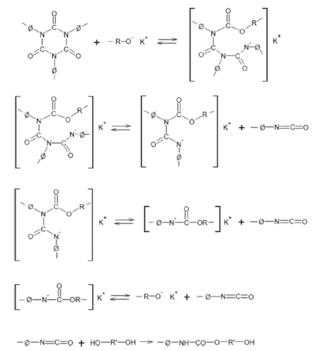
1 minute read
Energy
Research topic:
Energy
Advertisement
DII research group
CAPE-Lab
Fabrizio Bezzo fabrizio.bezzo@unipd.it Phone: +39 049 8275468
Collaborator: Federico d’Amore federico.damore@phd.unipd.it
www.capelab.dii.unipd.it
Collaborations: Prof. Giuseppe Maschio, Dr. Chiara Vianello (University of Padova) Prof. Nilay Shah (Imperial College London)
Main research topics: • Carbon capture, transport, and storage • Supply chain optimisation • Societal risk-constrained optimisation • Optimisation under uncertainty • Risk management
Optimising European supply chains for carbon capture, transport, and storage
To constrain the mean global temperature rise below 2°C by 2100, a collective e ort is required to keep the level of CO2 equivalent below 550 ppm. In order to meet these stringent global environmental targets, carbon capture, transport, and storage (CCS) have been highlighted as strategic technologies. However, considering the early design stage of CCS infrastructures, analytical supply chain (SC) modelling and optimisation through mixed integer linear programming o ers the opportunity for a quantitative evaluation supporting the strategic design of such a high-level SC. In particular, the following issues have been considered and tackled:
1. CCS SC optimisation: the objective was to minimise the total cost to install and operate a new European network capable of capturing and eventually storing up to 70% of the European emissions from large stationary sources. Results demonstrated the potential for sequestration and, simultaneously, the good computational performance of the solution approach. Costs for capture emerged as the key economic challenge of the system, being transport- and sequestration-related costs a negligible part of the overall investment.
2. Societal risk-constrained SC optimisation: the economic optimisation was coupled with societal risk analysis and mitigation measures on the pipeline infrastructure. It emerged that mitigation actions never represent more than 10% of total cost for installing and operating the transport network. However, the need of guaranteeing a minimum level of societal risk may limit the carbon reduction potential down to 50%.
3. SC optimisation under uncertainty in storage capacity: the objective was to quantify the nancial risks arising from geological uncertainties in European supply chain networks, whilst also providing a tool for minimising storage risk exposure. It was shown that such risks can be minimised via careful design of the network, through distributing the investment for storage across Europe, and incorporating operational exibility to improve network resiliency on uncertainty.
Figure 1. Example of European CCS SC design stages and structure, and resulting network.


